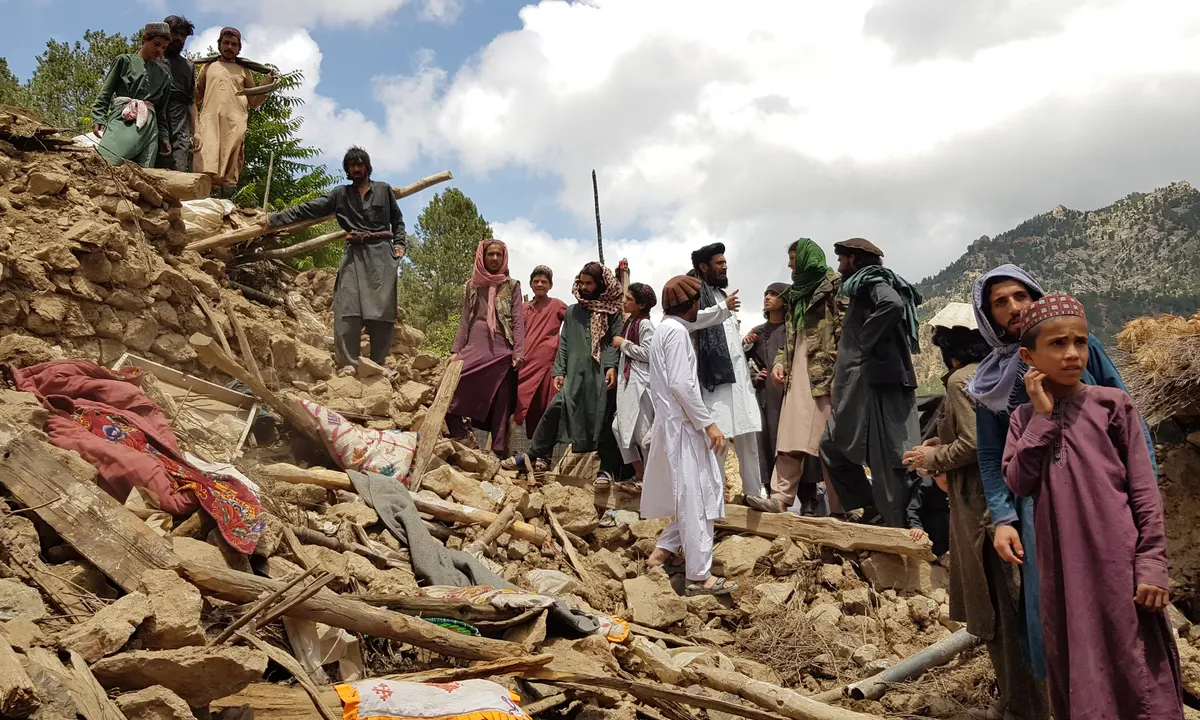Afghanistan’s interim Taliban government reportedly declined an offer of aid from Pakistan, intended for those affected by the recent earthquakes in the country. This decision comes amidst growing tensions between the two nations.
Last week, Afghanistan experienced a severe earthquake, resulting in the death of approximately two thousand people and causing widespread destruction in several villages. Another earthquake followed soon after, adding to the devastation.
Pakistan’s Prime Minister, Anwar-ul-Haq Kakar, swiftly announced a relief package that included rescue teams, tents, blankets, food, medical equipment, and personnel. However, Kabul has not yet granted clearance, holding up the proposed aid’s dispatch.
While neither party has formally stated the reasons for this rejection, many speculate that ongoing tensions play a critical role.
A senior Taliban official, preferring anonymity, cited a post by Pakistani Prime Minister Kakar on the social media platform X as a potential reason for this decision. Following the earthquakes, Pakistan announced its intention to dispatch aid, which the Pakistani Prime Minister later claimed was at the Taliban’s request—a claim the Taliban have since denied.
In response to questions about the declined aid, a Taliban representative said, “Such a request was never made,” and further criticized the Pakistani PM’s statement as “irresponsible,” urging him to exercise caution when speaking about Afghanistan.
In contrast, a senior Pakistani official, also speaking anonymously, seemed puzzled by Kabul’s response, asserting that Afghanistan had indeed requested assistance.
This aid dispute is set against a backdrop of broader tensions between the two nations. Notably, Pakistan recently mandated all undocumented foreign nationals, including an estimated 1.7 million Afghans, to exit the country by November 1st.
While Pakistan maintains this directive excludes officially registered Afghan refugees and those with citizenship cards, the decision has drawn sharp rebukes from the Taliban, potentially straining bilateral relations further.

